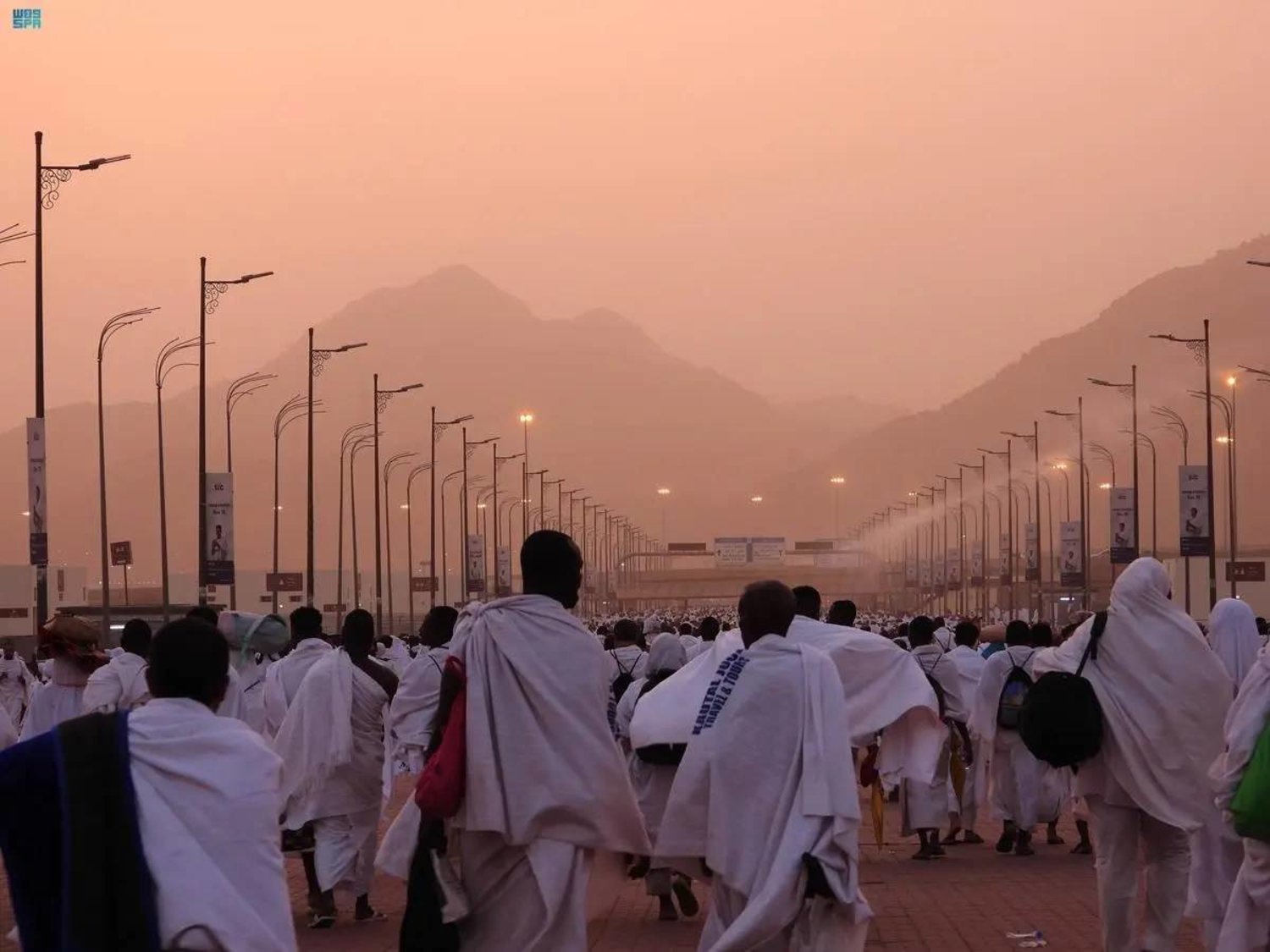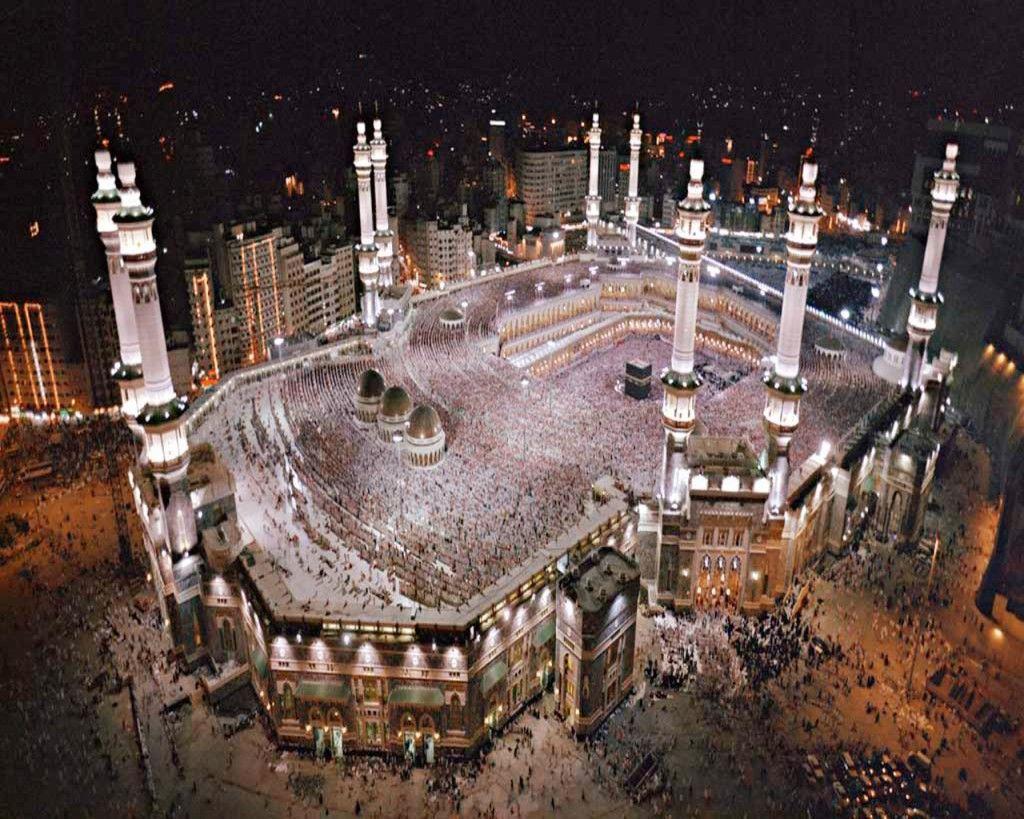Staying in Muzdalifah: Everything you need to know
Monday،2 Jun،2025

Why Overnight Stay in Muzdalifah Is a Key Station in the Hajj Journey
The overnight stay in Muzdalifah is a core ritual in the Hajj pilgrimage. It takes place after pilgrims depart from Arafat and before heading to Mina to perform the stoning of Jamarat.
This night serves as a moment of tranquility, spiritual reflection, and preparation for the final stages of Hajj—emulating the practice of the Prophet Muhammad ﷺ.
In this article, we provide a comprehensive guide to the stay in Muzdalifah, including its religious rulings, health and safety tips, and logistical advice to help you perform this sacred ritual safely and peacefully.
1. The Spiritual and Ritual Significance of Staying in Muzdalifah
- Following the Sunnah of the Prophet ﷺ: The Prophet stayed in Muzdalifah and performed Maghrib and Isha prayers there, combining and shortening them.
- Muzdalifah’s Place in the Hajj Sequence: It follows the most important pillar—standing at Arafat—and precedes Mina, making it a transition point of spiritual and physical preparation.
- Time for Remembrance and Supplication: It is recommended to spend the night engaged in dhikr (remembrance) and dua (supplication) until dawn.
2. Islamic Rulings on Overnighting in Muzdalifah
- Obligation or Pillar? The majority of scholars consider staying in Muzdalifah as wajib (obligatory), with a concession for the elderly, women, and those with special needs to leave after midnight.
- Timing: The overnight stay begins after sunset on the 9th of Dhul-Hijjah and extends until Fajr on the 10th.
- Prayer Practices: Pilgrims perform Maghrib and Isha together in Muzdalifah (delayed combination), and Fajr in its time.
- Collecting Pebbles: It is Sunnah to collect the pebbles for the next day’s stoning ritual in Mina from Muzdalifah.

3. Health and Environmental Challenges in Muzdalifah
- Overcrowding: Due to the small space and large number of pilgrims, the risk of respiratory infections and physical strain increases.
- Fatigue After Arafat: Many pilgrims experience extreme exhaustion after the long hours in Arafat and the journey to Muzdalifah.
- Weather Conditions: The night can bring unpredictable weather, dust, and wind, which may affect health and comfort.
- Limited Facilities: There is high demand on toilets and rest areas, posing additional challenges.
4. Essential Health Tips for a Safe Night in Muzdalifah
- Preventing Infections: Wash hands frequently, wear masks, use sanitizers, and avoid crowds when possible.
- Energy Management: Rest sufficiently, avoid unnecessary movement, and eat light meals.
- Hydration and Nutrition: Drink water regularly and consume easily digestible food.
- Self-Care: Wear breathable cotton clothing, use sunscreen, and care for your feet.
- Advice for Chronic Illnesses: Bring your medications, carry a medical ID card, and avoid overexertion.
5. Logistical and Organizational Guidelines for Staying in Muzdalifah
- Early Preparation: Pack a light bag with essentials like a prayer mat, water, snacks, and necessary medication.
- Choosing a Spot: Stay clear of walkways and roads, and avoid low-lying or flood-prone areas.
- Follow Group Instructions: Adhere to your group’s schedule, especially for pebble collection and morning departure to Mina.
- Safety Awareness: Keep your belongings secure and familiarize yourself with emergency points.
Muzdalifah: A Balance Between Spiritual Reflection and Organized Discipline
The overnight stay in Muzdalifah is a moment of calm and devotion, intertwined with the practical demands of crowd management and physical preparedness.
With the right planning and adherence to religious and health guidelines, pilgrims can experience a peaceful night and head to Mina spiritually refreshed and physically ready for the final rites of Hajj.




